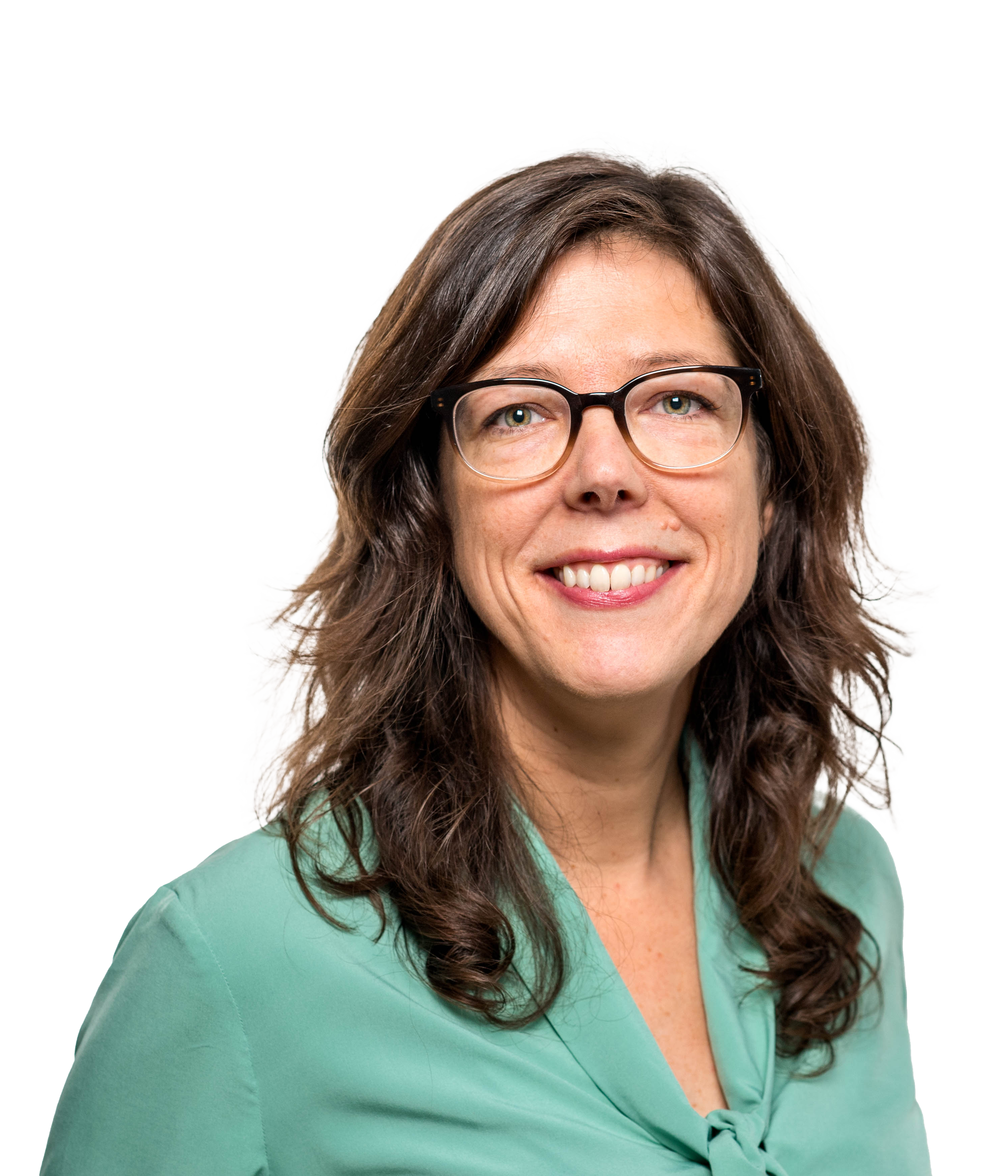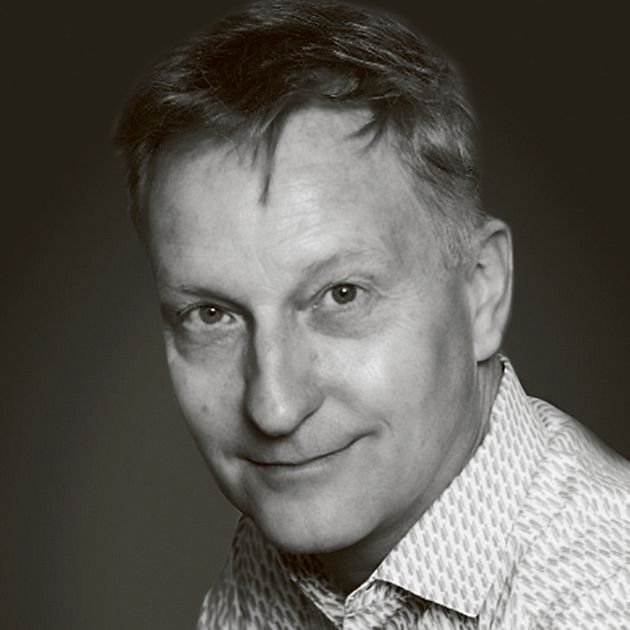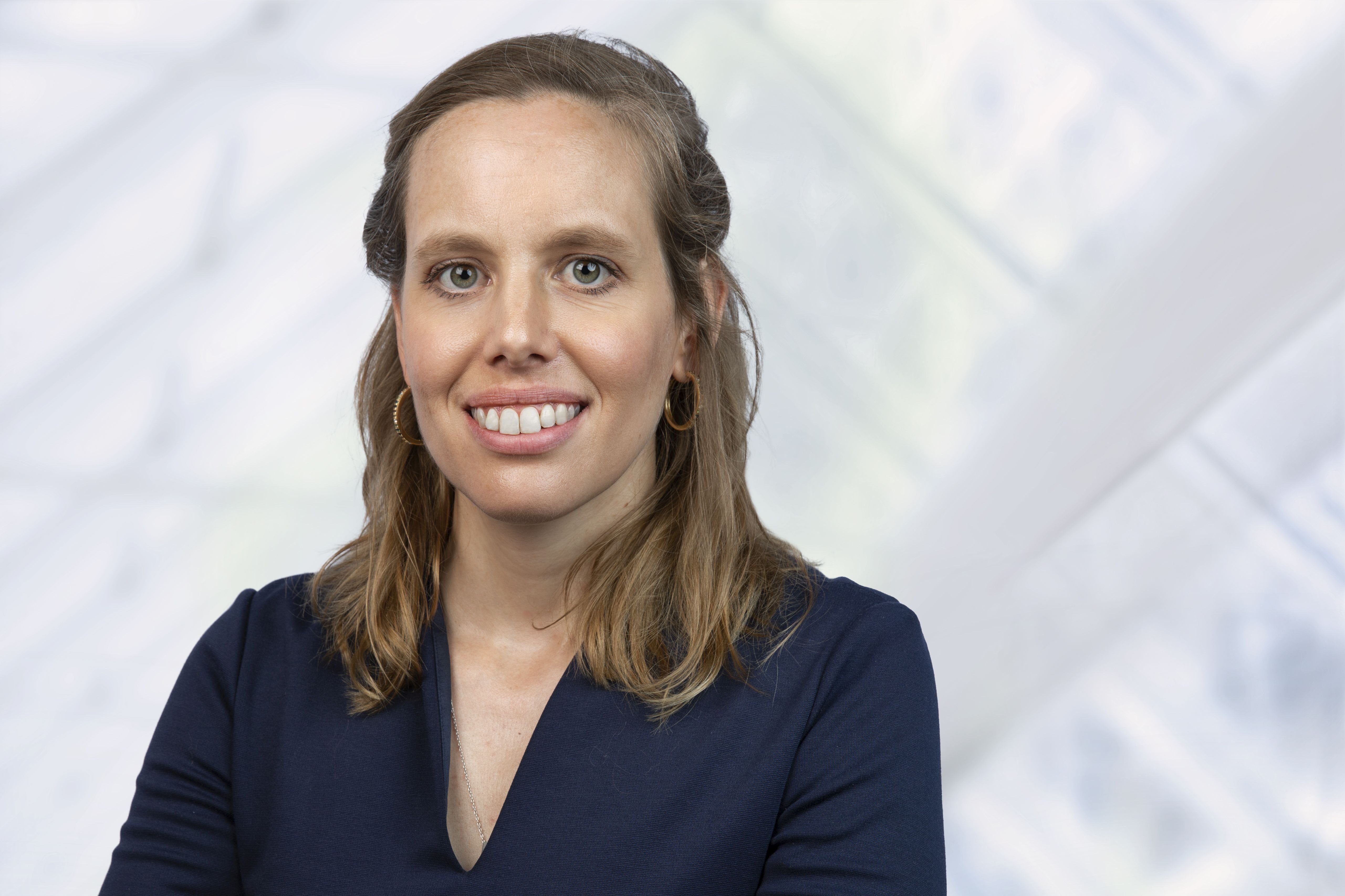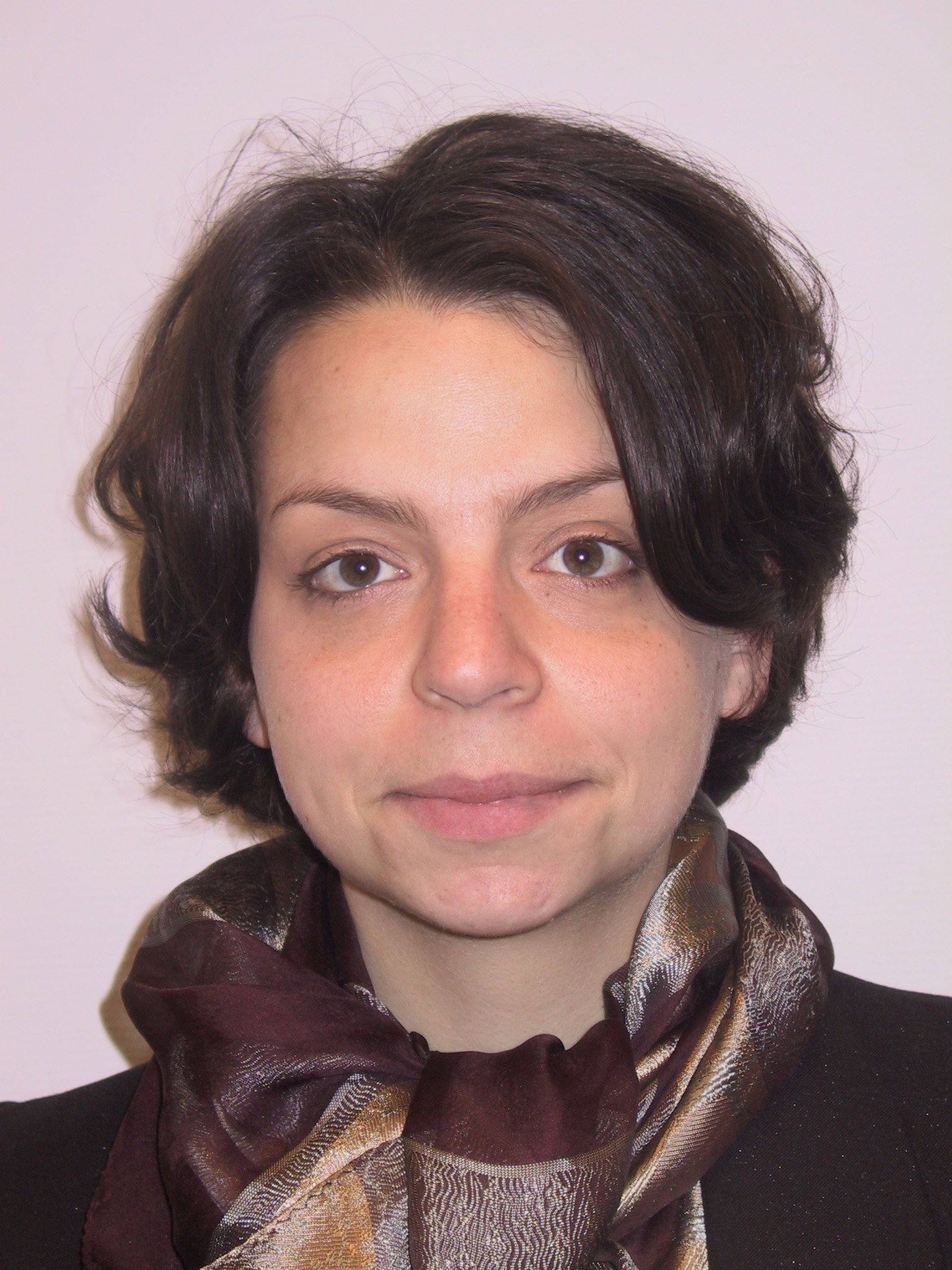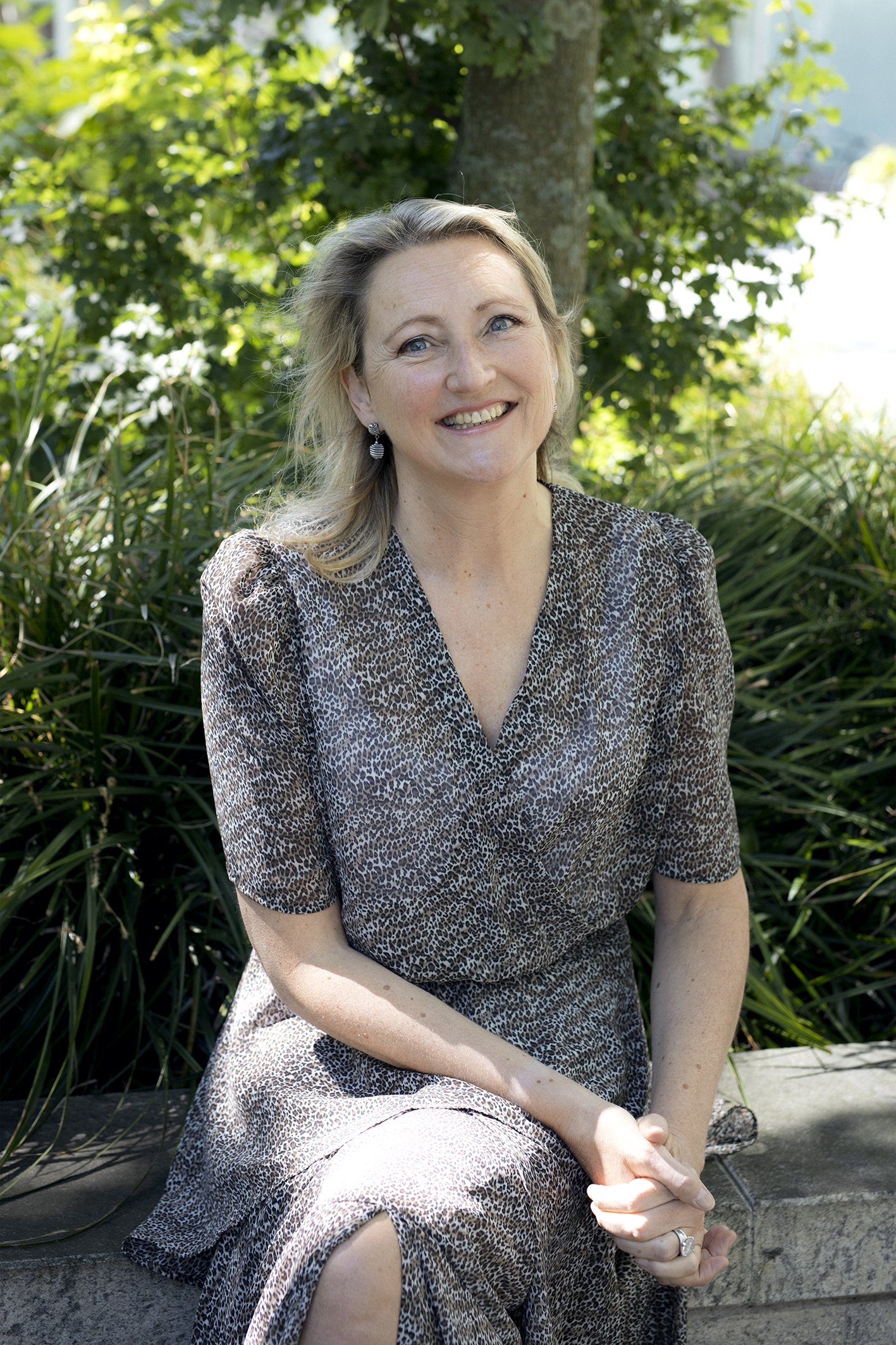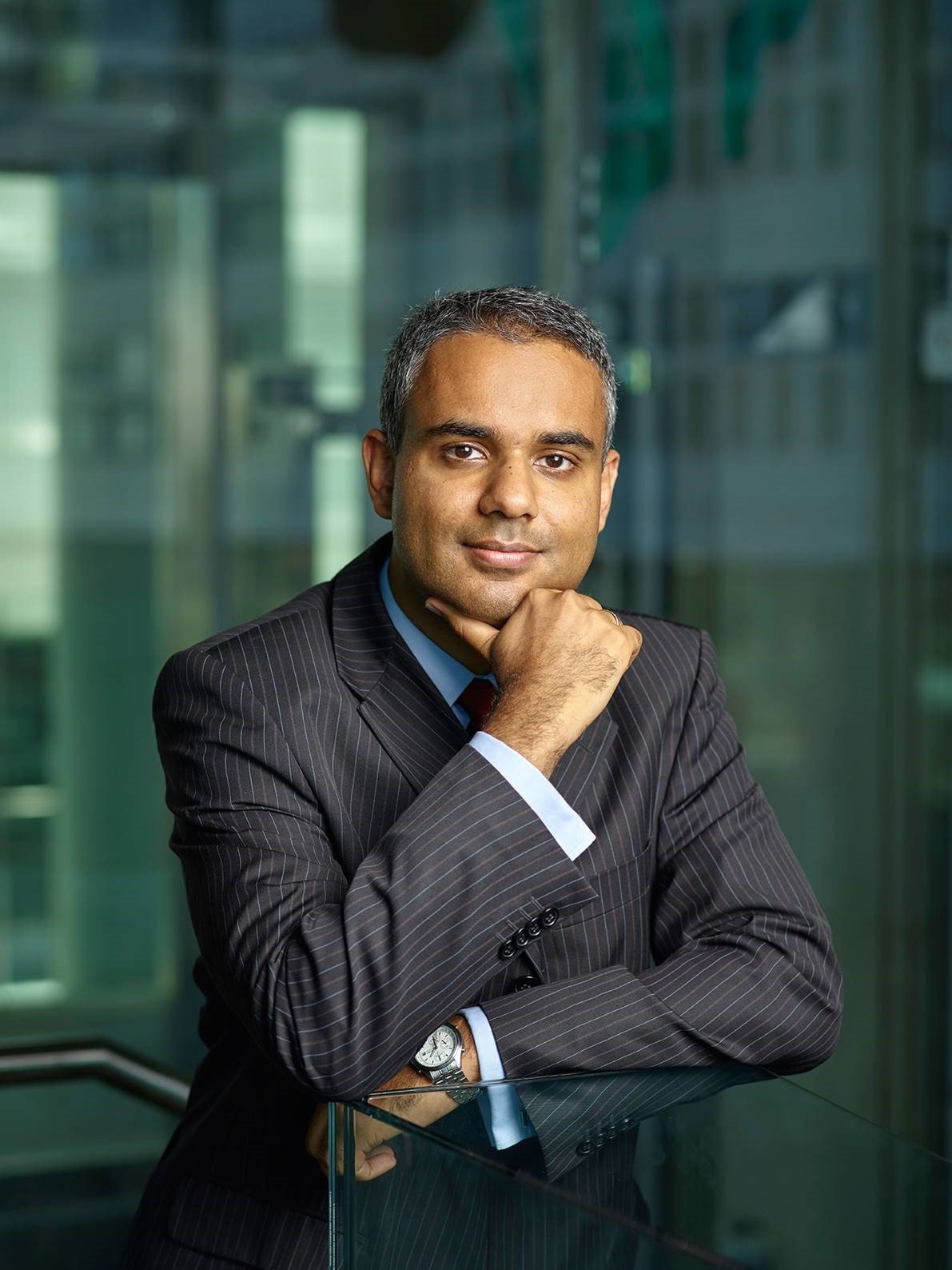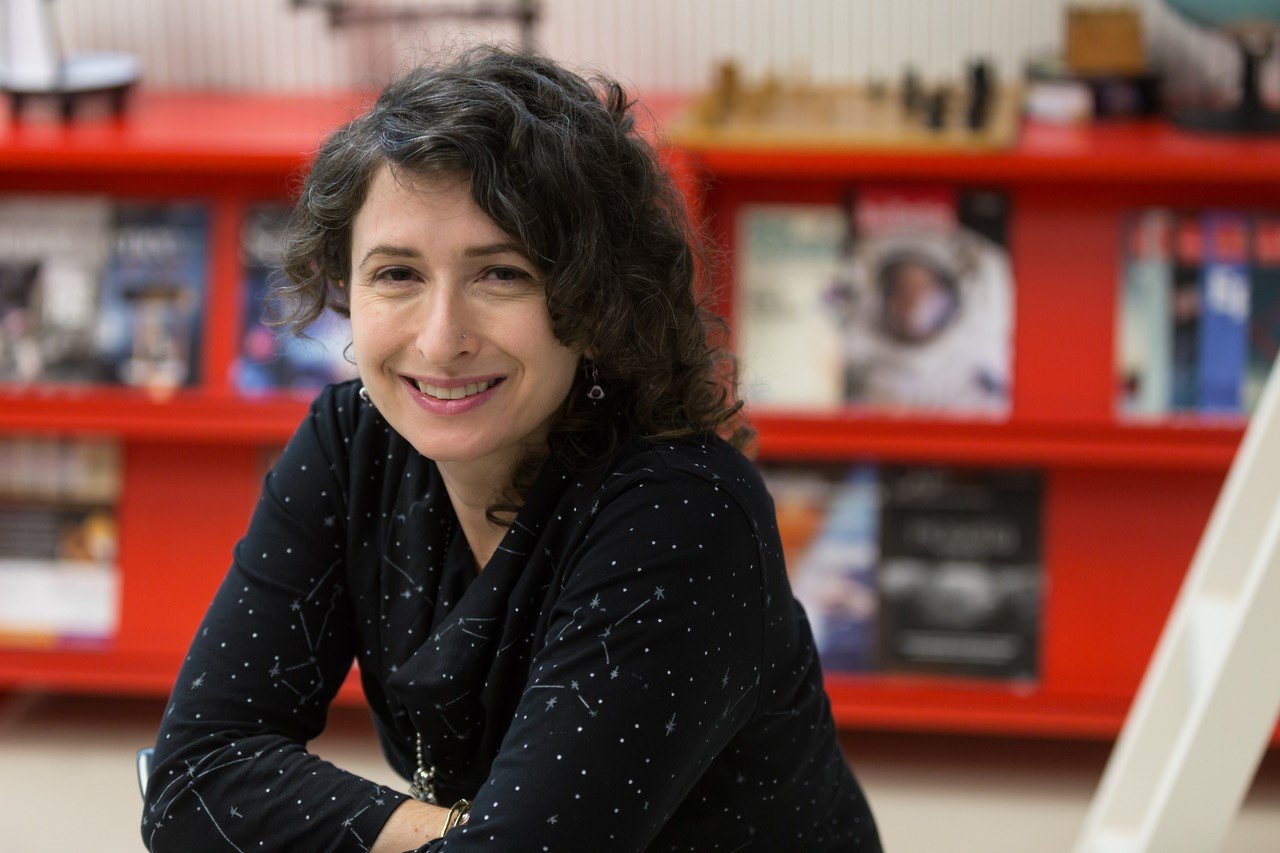De jury van de 2025-ronde van het L'Oréal-Unesco FWIS-programma bestaat uit de volgende leden:
De jury
Prof. dr. Sarah de Rijcke (voorzitter)
Sarah de Rijcke joined the Centre for Science & Technology Studies (CWTS) at Leiden University in the Spring of 2011, where she is currently Professor in Science, Technology and Innovation Studies and Scientific Director of the institute. Her long-term research interest is to examine the interactions between science governance and knowledge creation. She has a strong international reputation in Science and Technology Studies (STS), with specific training and expertise in social studies of research evaluation.
Sarah's research has been taken up by a host of international bodies. She recurrently acts as expert advisor in European and global science policy initiatives. Most recently, she was invited to represent the Netherlands in a high-level Unesco Expert Group to write a global recommendation on Open Science (2020-2021). In 2022, she became a member of the Netherlands Commission for Unesco.
She serves as Board member of the Netherlands Graduate Research School of Science, Technology and Modern Culture (WTMC) and as Council member of the European Association for the Study of Science and Technology (EASST). She is a member of multiple scientific advisory boards in Europe, including those of the Austrian Science Fund (FWF), the Institute for Advanced Studies in Vienna, and the Munich Center for Technology in Society (TU Munich).
Prof. dr. Yvonne Benschop
Yvonne Benschop is hoogleraar bedrijfskunde, ihb Organizational Behavior bij het Institute for Management research van de Radboud Universiteit Nijmegen. Zij was Hoofd van de Sectie Bedrijfskunde van 2017-2022 en geeft leiding aan de facultaire onderzoeksgroep Gender and Power in Politics and Management. Haar onderwijs, onderzoek en advieswerk gaan over de wijze waarop organisaties hun verantwoordelijkheid voor gender gelijkheid, diversiteit en inclusie vorm en inhoud geven. Ze is bijzonder geïnteresseerd in informele organisatieprocessen die ongelijk reproduceren, en in interventies om organisatieverandering naar meer diversiteit, gelijkheid en inclusie te realiseren. Recente onderzoeksprojecten gaan over gender en inclusie in leiderschap, over de invloed van postfeminisme op organisatieverandering en over duurzame verandering naar intersectionele gelijkheid in organisaties. Ze houdt zich ook bezig met feministische vragen op het grensvlak van klimaatverandering en technologie. Ze is deel van verschillende Europese onderzoeksconsortia, waaronder INSPIRE, het Horizon Europe European Center of Excellence for Inclusive Gender Equality in Research and Innovation.
Zij was Co-Editor in Chief van het wetenschappelijke tijdschrift Organization 2015-2020, lid van de distinguished advisory board van Gender, Work and Organization, en lid van de editiorial boards van verschillende andere wetenschappelijke tijdschriften. Ze publiceert in tijdschriften zoals Journal of Management Studies, Organization Studies, Organization Theory, Human Relations, en Gender Work and Organization.
Prof. dr. Jan Willem Duyvendak
Jan Willem Duyvendak is Distinguished Research Professor of Sociology at the University of Amsterdam, after he had been director of the Verwey-Jonker Research Institute for Social Issues (1999-2003) and Professor of Community Development at the Erasmus University Rotterdam. With regard to his background training, he received his master’s degrees in both sociology and philosophy at the University of Groningen. Moreover, he did his doctoral research, which dealt with new social movements, at the University of Amsterdam. His main fields of research currently are the transformation of the welfare state, belonging and ‘feeling at home’, and nativism.
His latest books include The Politics of Home. Nostalgia and Belonging in Western Europe and the United States (Palgrave Macmillan, 2011), Crafting Citizenship. Negotiating Tensions in Modern Society (Palgrave Macmillan, 2012, co-authored with Menno Hurenkamp and Evelien Tonkens), European States and Their Muslim Citizens. The Impact of Institutions on Perceptions and Boundaries (Cambridge University Press 2014, co-edited with John Bowen, Christophe Bertossi, Mona Lena Krook), New York and Amsterdam. Immigration and the New Urban Landscape (NYU Press 2014, co-edited with Nancy Foner, Jan Rath and Rogier van Reekum) and Players and Arenas. The Interactive Dynamics of Protest (Amsterdam University Press 2015, co-edited with James M. Jasper), The Culturalization of Citizenship. Belonging and Polarization in a Globalizing World (Macmillan 2016, co-edited with Peter Geschiere and Evelien Tonkens.)
In 2013-2014, Duyvendak was Distinguished Fellow at the Advanced Research Collaborative at the Graduate Center of the City University of New York. In Spring 2016 he was Research Fellow at the Paris Institute for Advanced Studies. Since July 2017 he is Executive Committee Chair at Council for European Studies. Since January 1st 2018 he is director of the Netherlands Institute for Advanced Study in the Humanities and Social Sciences at the Royal Netherlands Academy of Arts and Sciences (NIAS-KNAW).
Caroline Vanduffel MSc
Caroline Vanduffel is Scientific & Regulatory Affairs Director at L'Oréal Benelux. In this role, leading the Scientific & Regulatory team in Benelux, Caroline is responsible for partnering with business to define the regulatory strategy for new products and claims and lifecycle management activities of the product portfolio (cosmetics, medical devices, beauty devices). Her responsibilities also include monitoring the external landscape and assessment of threats or opportunities that may impact the brand portfolio. Prior to joining L’Oréal, Caroline spent 6 years with Bayer Consumer Health Benelux as Head of Regulatory Affairs and 10 years with Pierre Fabre Benelux as a Quality, Regulatory, Vigilance & Information (QRVI) manager where she was responsible for GDP compliance, executing the regulatory strategies for the registration of a diverse range of products (cosmetics, food supplements, medical devices, medicinal products), for managing all lifecycle activities, for the medical information inquiries and pharmacovigilance tasks. Previous to her QRVI role, Caroline was product manager of the Pierre Fabre Dermatologie and Ducray brand portfolios in the Benelux. During her Master’s program at IPIL, Caroline was an intern in the department of General Direction of Research and Development, International Scientific Relations at L’Oréal in Paris where she focused on the strategic evaluation of clinical dermatology in India and Japan for future R&D relations.
Caroline holds a master degree in Health Engineering – Specialization Industrial Cosmetology from the Faculty of Pharmaceutical Sciences – IPIL (Institut de Pharmacie Industrielle de Lyon) with an additional curriculum of Management at EM Lyon (Executive Education), and a master degree in Pharmaceutical Sciences from the Catholic University in Leuven (KUL).
Prof. dr. Frances de Man
Frances de Man is hoogleraar longziekten in het bijzonder rechter hartfalen bij pulmonale hypertensie in het Amsterdam UMC, Vrije universiteit Amsterdam. Ze studeerde bio-medische wetenschappen aan de Vrije Universiteit en verdedigde haar promotieonderzoek binnen de afdeling longziekten aan de Vrije Universiteit in 2010. Daarna werkte ze als post-doc onderzoeker aan de Universiteit van Parijs, om verder onderzoek te doen naar de rol van het renine-angiotensine-aldosterone systeem in patienten met pulmonale hypertensie. In 2011 keerde ze terug als post-doc onderzoeker bij de afdeling Longziekten en werd in 2013 aangesteld als universitair docent. In 2015 was ze fellow aan het Netherlands Institute for Advanced Study in the Humanities and Social Sciences (NIAS) door het verkrijgen van een L’Oréal for women in science / UNESCO research subsidie. In 2018 is ze benoemd tot universitair hoofddocent en sinds 1 december 2022 is ze benoemd als hoogleraar.
Het onderzoek van Frances de Man richt zich op het ontrafelen van de oorzaken van rechter hartfalen in pulmonale hypertensie om zo in de toekomst therapieën te kunnen ontwikkelen die rechter hartfalen zullen voorkomen. Daarnaast begeleid zij meerdere onderzoekers in opleiding en post-doc onderzoekers en geeft ze leiding aan het translationele PHEniX laboratorium. Daarnaast zet zij zich actief in om vrouwelijke wetenschappers verder te stimuleren. Dit doet zij enerzijds door mentor te zijn van jonge vrouwelijke onderzoekers, en anderzijds door zich uit te spreken over ongelijkheden die binnen het wetenschappelijk onderzoeksveld spelen. De laatste jaren heeft zij zich bijvoorbeeld hard gemaakt voor het recht op verlenging na ouderschapsverlof bij postdocs. Zij heeft er mede voor gezorgd dat de algemene arbeidsvoorwaarden binnen het AMC Medical Research BV zullen worden aangepast, en zij is nu in gesprek met verschillende partijen om dit recht op verlenging ook in de arbeidsvoorwaarden van de academische instituten vast te leggen.
Frances de Man heeft meerdere persoonlijke onderzoekssubsidies ontvangen waaronder een VENI (2013), een VIDI (2018) en senior post-doc Dekker subsidie van de Nederlandse Hartstichting. Daarnaast is ze betrokken bij nationale consortia van de Dutch Cardiovascular Alliance (PHAEDRA-IMPACT, DOLPHIN-GENESIS) en ontving ze in 2022 de Prix Galien Research award.
Prof. dr. Nathalie Katsonis
Nathalie Katsonis is a highly innovative and creative chemist who researches the molecular origins of functional movement in systems of interacting molecules.
She received her PhD in 2004, from the University Pierre et Marie Curie (Paris, France). Since April 2020 she is Professor of Chemistry at the University of Groningen (the Netherlands).
In integrating artificial molecular machines in soft matter, Katsonis has repeatedly demonstrated that she can break boundaries in the most fundamental sense. Among her seminal contributions was demonstrating that artificial molecular machines can be used to power robotic muscles. She is a pioneer in elucidating the molecular origins of functional motion across different length scales. Most recently, she has started a new research line, which aims at proposing chemically and geologically plausible pathways for the origin of lipids and proto-compartments, four billion years ago.
Her research is recognized internationally, as evident from competitive funding awarded to her (ERC-Starting/Consolidator, NWO-Veni/Vidi), invitations to speak at conferences across the globe, and her winning the Gold Medal of the Royal Netherlands Chemical Society.
Prof. dr. Kiki Lombarts
Kiki Lombarts is professor (2013) in physicians’ professional performance at the Amsterdam University Medical Centers, University of Amsterdam, the Netherlands. She is the founder and leader of the Professional Performance & Compassionate Care research group. She is a fellow at Stanford Medicine’s Presence Center, Stanford University, CA, USA. She is member of the non-executive board of governors of the Amphia Hospital (Breda, the Netherlands), member of the Senate of the University of Amsterdam, member of the ZonMW Program Committee on Gender & Health, member of the Advice Council of the Protestant Theological University, member of the Council of Recommendation of ‘Leading Doctors’ and member of the Committee of Patronage of PPP (Positive Perception Program) – Care.
Prof. dr. Arfan Ikram
Prof. Ikram is hoogleraar en afdelingshoofd Epidemiologie aan het Erasmus MC, Rotterdam. Hij is daarnaast voorzitter ZonMw en lid Raad van Bestuur van NWO. Hij is tevens adjunct-hoogleraar Epidemiologie aan de Harvard University in Boston, VS, en lid van het KHMW.
Zijn onderzoek richt zich op het ontstaan, preklinische hersenschade en prognose van dementie, waaronder de ziekte van Alzheimer. Met name is hij geïnteresseerd in hoe leefstijl, genetische factoren en multi-morbiditeit het beloop van deze ziekte beïnvloeden. Het uiteindelijke doel is een effectieve preventieve strategie te ontwikkelen tegen dementie. Voor zijn onderzoek maakt prof. Ikram gebruik van het ERGO-onderzoek, een grootschalig bevolkingsonderzoek in Rotterdam onder 15000 deelnemers van 45 jaar en ouder. Dit onderzoek loopt sinds 1990 en alle deelnemers worden elke 4 tot 6 jaar onderzocht.
Dr. Ikrams onderzoek was het allereerste wereldwijd dat liet zien dat het aantal nieuwe patiënten met dementie iets lijkt af te nemen in recente decennia. In vervolgonderzoek liet hij zien dat 1 op de 3 gevallen van dementie te voorkomen is door bekende leefstijl aanpassingen, zoals stoppen met roken, betere controle op bloeddruk, en gezond eten.
Naast zijn onderzoek naar dementie, richt prof. Ikram zich op de onderzoeksmethodologie, met name op de vraag aan welke randvoorwaarden voldaan moet worden om causaliteit uit correlatie te concluderen.
Prof. Ikram heeft subsidies ontvangen van Erasmus MC, ZonMW, TTW, Nederlandse Hartstichting, Hersenstichting, MS Stichting, BBMRI, ERC, EU JPND, IMI, NIH, Alzheimer Association, Stichting ParkinsonFonds, Int Stichting Alzheimer Onderzoek, Alzheimer Nederland, Janssen Prevention Center.
Prof. dr. Anna Akhmanova
Anna Akhmanova studied biochemistry and molecular biology at the Moscow State University. She received her PhD in 1997 at the University of Nijmegen. She worked as a post-doc at the Department of Microbiology and Evolutionary Biology at the University of Nijmegen and at the Department of Cell Biology at the Erasmus Medical Center in Rotterdam. In 2001, she has started her own research group at the Department of Cell Biology at the Erasmus Medical Center. Since 2011, Anna Akhmanova is professor of Cell Biology at Utrecht University. Akhmanova lab studies cytoskeletal organisation and trafficking processes, which contribute to cell polarisation, differentiation, vertebrate development and human disease. The main focus of Akhmanova's studies is the microtubule cytoskeleton. Her research relies on combining high-resolution live cell imaging and quantitative analysis of cytoskeletal dynamics and in vitro reconstitution of cytoskeleton-based processes.
Anna Akhmanova is a recipient of the ALW Vernieuwingsimpuls VIDI (2001) and VICI awards (2007), an ERC Synergy grant (2013), and Spinoza Prize (2018). In 2022 the the Ministry of Education, Culture and Science has awarded a Gravitation grant to the project IMAGINE! (Innovative Microscopy and Guidance of cells In their Native Environment), a highly collaborative 10-year project led by Anna Akhmanova. Akhmanova is an elected member of the European Molecular Biology Organization (EMBO) and the Royal Netherlands Academy of Arts and Sciences (KNAW).
Prof. dr. Sera Markoff
Sera Markoff works at the interface of astrophysics and astroparticle physics with a focus on the most extreme objects in the Universe, black holes.
Originally from the USA, after a BSc in Physics at M.I.T. and a PhD in Theoretical Astrophysics at the University of Arizona in 2000, she moved to Germany as a Humboldt Research Fellow at the Max Planck Institute for Radio Astronomy. After that she returned to M.I.T. as a (US) National Science Foundation Astronomy & Astrophysics Postdoctoral Fellow, and then started as faculty at UvA's Anton Pannekoek Institute for Astronomy in 2006, where since 2017 she is professor of Theoretical High-Energy Astrophysics. She has been awarded several prestigious personal research awards such as the NWO VIDI and VICI, and was co-PI of the seven-institute EU-FP7 Marie Curie Initial Training Network “Black Hole Universe” (2008-2012). In 2014, she was named a Fellow of the American Physical Society, and in 2015 she was the Tinsley Centennial Visiting Professor at University of Texas, Austin.
Sera finds community organisation, activism and outreach important. She helped set up the Gravitation and Astroparticle Physics Amsterdam (GRAPPA) Centre of Excellence at UvA. She helped found the Women in the Faculty of Science (WiF) network at UvA, along with Prof. Marian Joëls, in 2007, and helped initiate the successful MacGillavry Tenure-track Fellowship for women. She enjoys engaging the public, and beyond giving talks also carries out structural activities with elementary school children from diverse backgrounds. She was awarded the Willem de Graaff prize from the Royal Netherlands Astronomical Society in 2019 for her public outreach activities.
Dr. Odette Scharenborg
Odette Scharenborg is an Associate Professor at the Multimedia Computing Group at Delft University of Technology. Her research aims to build inclusive speech technology, i.e. making speech technology available for everyone irrespective of how they speak or what language they speak. In her research, she considers technical aspects as well as ethical and societal aspects of speech technology. Her main focus is speech-to-text systems for underresearched and underresourced speaker groups. She combines different research methodologies, including deep learning, EEG, and human listening experiments. She received the NWO Talent (2006), Veni (2005) and Vidi (2012) grants, and is the recipient of a Delft Technology Fellowship (2018).
Since 2017, Odette serves on the Board of the International Speech Communication Association (ISCA), the largest international society on speech science and technology. She founded and chaired the ISCA Diversity committee (2019-2023). She was elected Vice-President (2021-2023) and currently serves as ISCA President (since 2023). In 2025, she will be the General Chair of the largest speech science and technology conference in the world: Interspeech, in Rotterdam.
Odette has founded and has been involved in several international initiatives related to diversity and inclusion in academia, focusing on gender, LGBTQIA+, and geographical outreach. She enjoys explaining her research to the general public, particularly children, and has appeared in VPRO’s De Dikke Data Show (2021) and was elected Talent of the Kinderboekenweek 2021.
